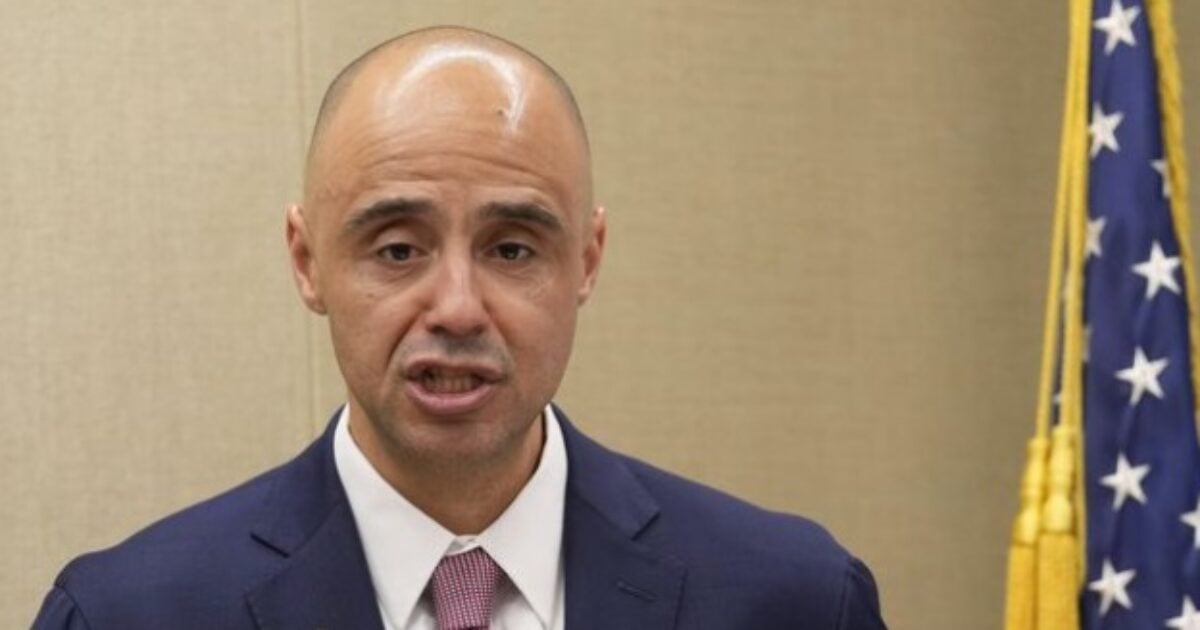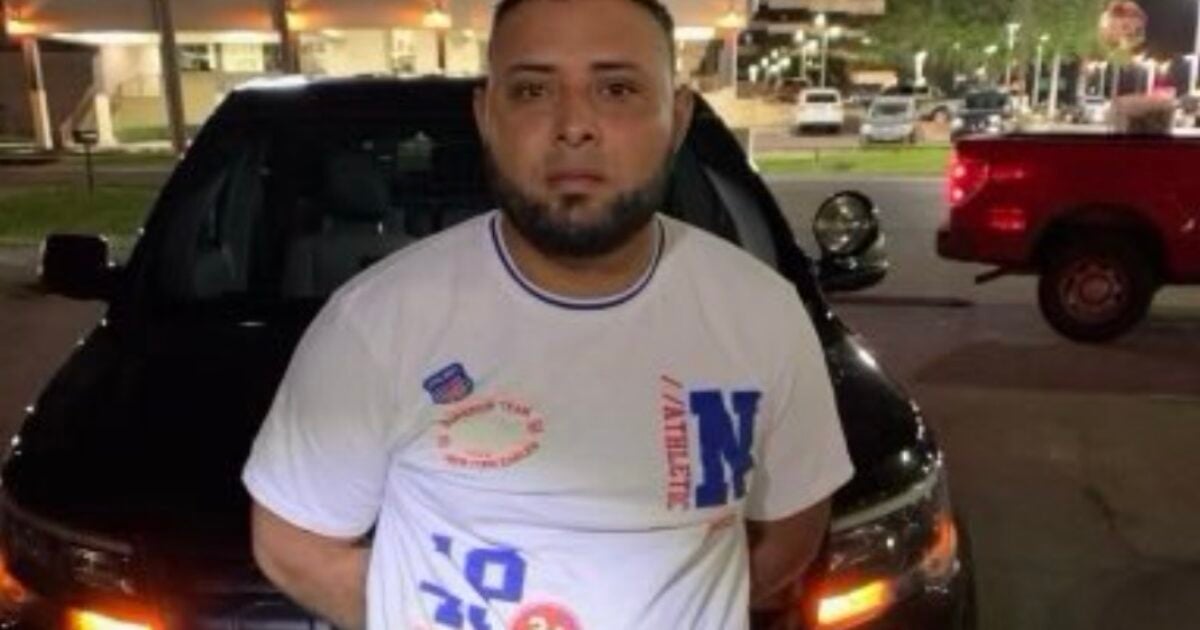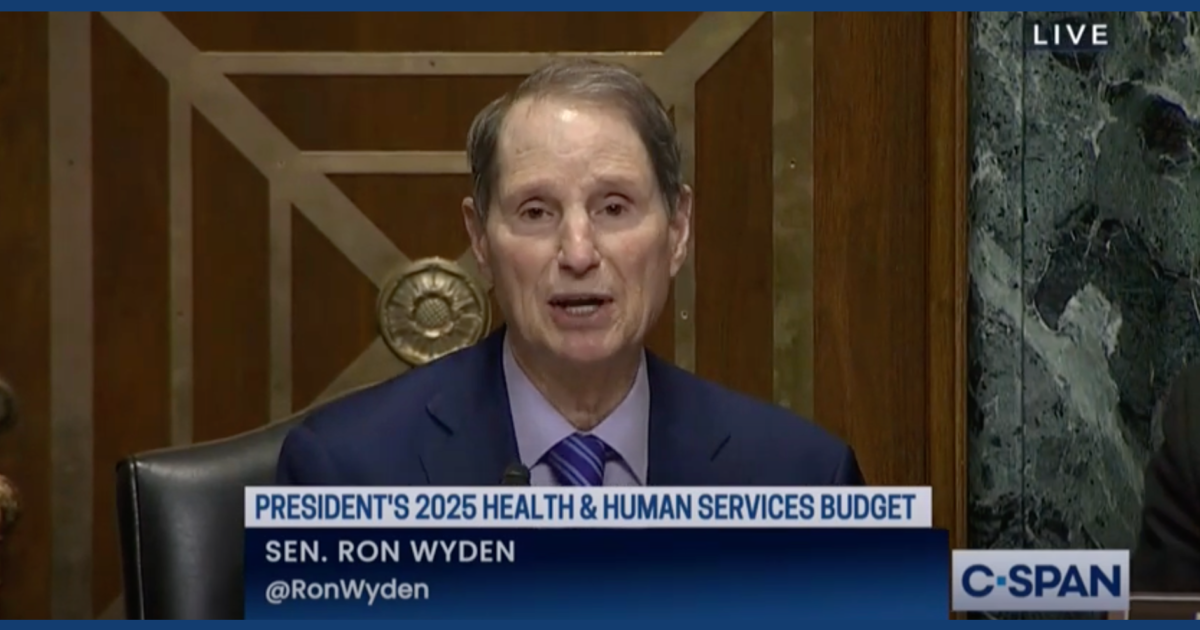Legal Threats Over J6 Cases
Last week, US Attorney from DC, Matthew Graves, issued a stern warning directed at the US Supreme Court regarding the ongoing cases involving J6ers convicted under the ‘obstruction’ statute of 18 USC §1512(c)(2). Graves made it clear that if the Supreme Court were to reverse the obstruction statute in the upcoming decision this summer, he would pursue additional prison time for the individuals involved.
Supreme Court Decision Pending
The Supreme Court recently announced that it will be hearing oral arguments in the case of Fischer v. United States, with a crucial focus on statute 18 USC §1512(c)(2). This statute outlines the criminality of obstructing official proceedings, with potential penalties of fines, imprisonment for up to 20 years, or both for those found guilty.
The impending decision by the Supreme Court on Fischer v. United States carries significant implications for the numerous J6 cases currently under review. The Biden administration’s Department of Justice has levied charges against over 300 J6ers under section 1512(c)(2), adding complexity to the legal landscape.
Furthermore, in the ongoing case against Donald Trump in Jack Smith’s DC trial, two of the four charges relate to conspiracy to obstruct justice. Therefore, a ruling by the Supreme Court on the obstruction statute stands to impact not only the J6 cases but also the prosecution’s case against Trump.
Political Implications
Matthew Graves’ insistence on keeping the J6ers detained under the obstruction statute pending the Supreme Court’s decision underscores the political dimension of these legal actions. Graves argued that releasing these defendants amidst the current political climate would potentially incite further unrest, using the forthcoming elections as a point of concern.
Judge Trevor McFadden, appointed by Trump, notably ordered the release of J6 defendant Kevin Seefried in May after serving part of his sentence. McFadden criticized the Biden DOJ’s generalized approach to keeping the J6ers incarcerated, highlighting the lack of specific evidence against individual defendants like Seefried. He emphasized that decisions regarding liberty should be based on concrete facts rather than vague assumptions.
The legal battles surrounding the J6 cases not only delve into the realm of criminal justice but also intersect with broader political narratives, shaping the discourse around law enforcement and individual rights.
Image/Photo credit: source url





